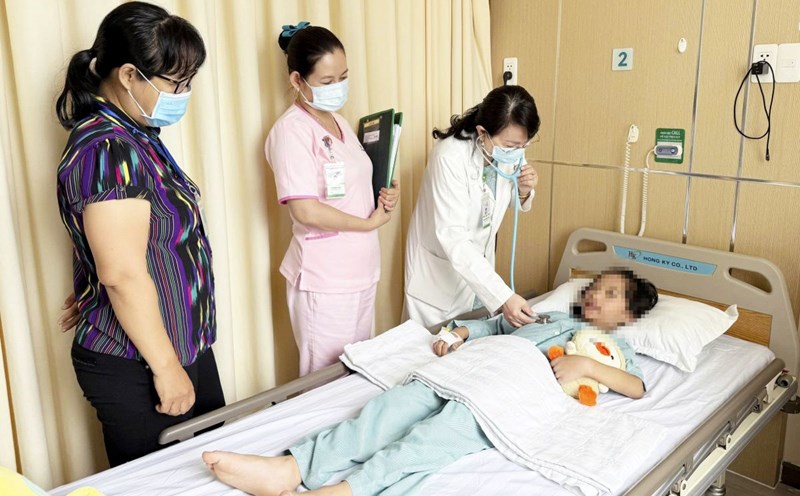Stomach pain in children is often thought by parents to be due to indigestion, bloating or a reaction to food.
However, if this condition persists, especially after meals, it can be a sign of pancreatitis, a less noticeable but increasingly common disease in children, according to hindustantimes.
Dr. sufla Saxena, Head of the Department of Pediatrics and Pediatric Gastroenterology, Manipal Hospital, Dwarka (New Delhi, India), said: Although the pancreas is small, it plays an essential role in digestion and blood sugar control. When the pancreas is inflamed, children may experience severe abdominal pain, spreading to the back, accompanied by nausea, vomiting or unusual weight loss.
What is pancreatitis?
Pancreatitis is an inflammation of the pancreas that prevents it from producing digestive enzymes and hormones like insulin normally.
As a result, children may experience digestive problems, bloating, poor nutrient absorption and prolonged abdominal pain.
According to Dr. Saxena, pancreatitis in children is divided into three main types:
Acute pancreatitis: can fully recover after treatment.
Recurrent acute pancreatitis: appears in clusters after recovery.
Chronic pancreatitis: an inflammation that lasts for months, even years, causing long-term damage.
Causes and warning signs
acute pancreatitis in children can stem from abdominal trauma, viral infections, gallstones, medication or metabolic disorders.
Meanwhile, chronic pancreatitis is often associated with genetic factors, structural defects or autoimmune diseases.
Signs parents need to pay attention to include:
- Severe abdominal pain after meals.
Nausea, vomiting.
- Rapid heart rate.
- Weight loss of unknown cause.
- Anorexia, vitamin deficiency.
- Fatty or abnormal stools.
How to treat?
Treatment depends on the cause and severity of the disease. Mild cases can be controlled with medication and nutrition, while severe cases often require hospitalization.
For the cause of gallstones or blockage, surgery or an online counterclockwise pancreatic endoscopy (ERCP) procedure may be prescribed.
Dr. Saxena recommends: Parents should not be subjective when their children complain of prolonged abdominal pain. Early examination will help detect and treat timely, limiting dangerous complications".











